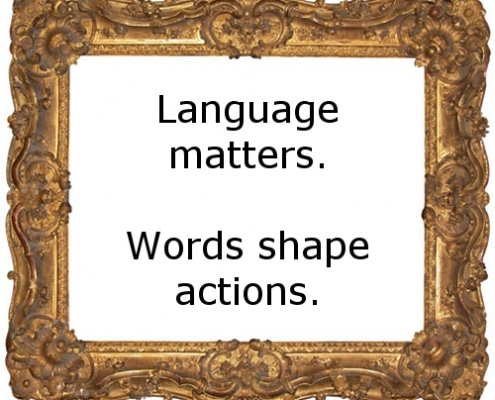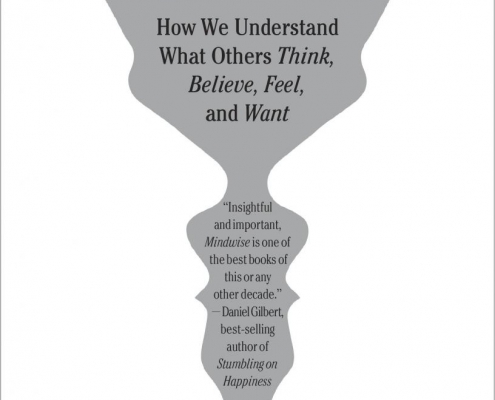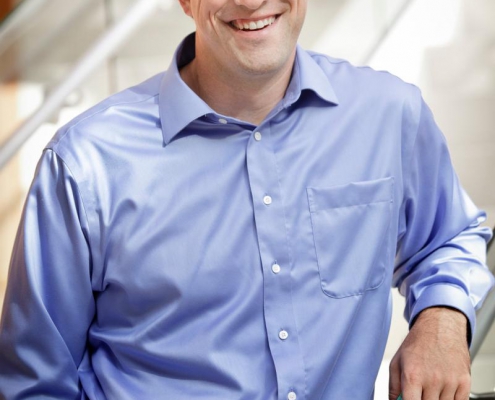Tag Archive for: Nicholas Epley

Is Creative Talent Critical to Ethical Systems Design?
Blog
2016 Collaborators in the News: A Year of Many Achievements
Blog 2016 was a year of many achievements for our growing collaborator network. We invite you to browse a highlight list of the research, articles, appearances and talks that helped advance our mission and promote a greater understanding of ethics, decision making, and ethical systems design.
2016 was a year of many achievements for our growing collaborator network. We invite you to browse a highlight list of the research, articles, appearances and talks that helped advance our mission and promote a greater understanding of ethics, decision making, and ethical systems design.
Browse our collaborators and their highlights and achievements from this year >>
 https://www.ethicalsystems.org/wp-content/uploads/2015/12/Head-shots_MONTAGE.jpeg
1200
739
Jeremy Willinger
https://ethicalsystems.org/wp-content/uploads/2020/04/ES-logo-final-white.gif
Jeremy Willinger2015-12-11 14:48:052020-03-26 16:58:122015 Collaborators in the News: A Year of Many Achievements
https://www.ethicalsystems.org/wp-content/uploads/2015/12/Head-shots_MONTAGE.jpeg
1200
739
Jeremy Willinger
https://ethicalsystems.org/wp-content/uploads/2020/04/ES-logo-final-white.gif
Jeremy Willinger2015-12-11 14:48:052020-03-26 16:58:122015 Collaborators in the News: A Year of Many Achievements
Featured Collaborator for September: Nick Epley
Blog Interview with Nick Epley, author of "Mindwise: How We Understand What Others Think, Believe, Feel, and Want" and professor of behavioral science at the University of Chicago's Booth School of Business
Interview with Nick Epley, author of "Mindwise: How We Understand What Others Think, Believe, Feel, and Want" and professor of behavioral science at the University of Chicago's Booth School of Business
I study mind reading. Not the nonsensical, spooky or supernatural versions of it, but rather the very natural and intuitive version of it that we do whenever we make an inference about another person’s mind. We do this arguably every social interaction we have when we wonder what someone else is thinking, believing, feeling, or wanting. This is hard to do accurately because another person’s mind is inherently invisible.
You can’t see another person’s thought, hold a want, or poke a feeling. As a result, our inferences about the minds of others are far less than perfect, and we are consistently less accurate than we think we are. I’m most interested in understanding these gaps between our inferences about each other and reality. The mistakes we make are a common source of unnecessary conflict in everyday life.

Framing the Language of Business
Blog Framing is not just how you present a painting. Framing helps to communicate the type of art, it complements subject matter, and it influences how the viewer perceives the image. Framing also matters when it comes to business, and the language we use can deeply affect both the rules we follow and those we are willing to break.
Framing is not just how you present a painting. Framing helps to communicate the type of art, it complements subject matter, and it influences how the viewer perceives the image. Framing also matters when it comes to business, and the language we use can deeply affect both the rules we follow and those we are willing to break.
While business has its own lexicon, a new piece in Ethisphere by Scott Killingsworth, Senior Counsel with Bryan Cave LLP in Atlanta, illustrates that when we couch the business of business in terms of war and gamification, we prime the pump for pernicious results.

Poisoning the Well: The impact of incivility in the workplace
Blog Culture matters more than any other factor in determining the level of ethical conduct within an organization. Knowing this, leaders need to be ever vigilant to how toxic day to day interactions can poison the working environment.
Culture matters more than any other factor in determining the level of ethical conduct within an organization. Knowing this, leaders need to be ever vigilant to how toxic day to day interactions can poison the working environment.
Christina Porath, associate professor at Georgetown University and co-author of “The Cost of Bad Behavior” recently published an op-ed and online quiz (“No Time to Be Nice at Work,” Sunday, June 21, 2015) in The New York Times illuminating the dramatic degree in which courtesy and consideration in the workplace actually impact individuals.

2014 Highlights from Our Collaborators
Blog
The Operating System (OS) of Ethical Business
Blog
Featured Collaborator of the Month: Nicholas Epley
Blog

